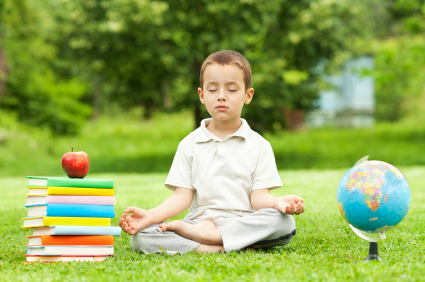At Positive School, we aim for academic success, but we don’t stop there …
We believe that an important part of the educational process is the development of curiosity, perseverance, self-confidence, concentration, and self-control.
For this reason, we believe that put into practice, day after day, the practices that allow children to better know and manage their needs, their emotions and their inter-personal relationships is of great importance.

A positive education put into practice by all our staff
- Welcoming each child : a smile, a gentle look, an encouragement, but also attention to the emotional state on arrival at school, may influence the child’s day ;
- The quality of the environment that we offer : light, space, tranquility, possibility of movement, free access to the toilets …
- The atmosphere of the classroom ;
- Training in peer mediation, primarily disconnected from the moment of the crisis when we are not necessarily ready to receive a “lesson”, initially put into practice with the help of an adult, and eventually without it ;
- Work on Peace Education as introduced by Maria Montessori, promoting self-respect, respect of others, respect of the environment ;
* See especially « Pour une enfance heureuse, Repenser l’éducation à la lumière des dernières découvertes sur le cerveau » of Dr Gueguen
At the heart of the teaching project, an education for a happy childhood
Besides the good will of the adults, promoting empathy and caring in children lies at the heart of our project.
In order to encourage positive strategies that will help the child to deal with fatigue, his own emotions and those of others, different processes are used :
- learning techniques for coping with difficulties and emotions,
- learning about cooperation (in all the aspects of the work and the play, during the breaks and leisure activities),
- a varied artistic practice (music, plastic arts, etc.)
- mediation workshops,
- co-construction of projects by the children, teachers and specialists.
